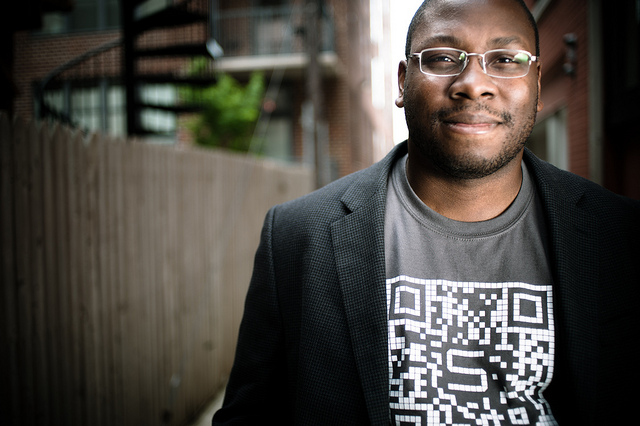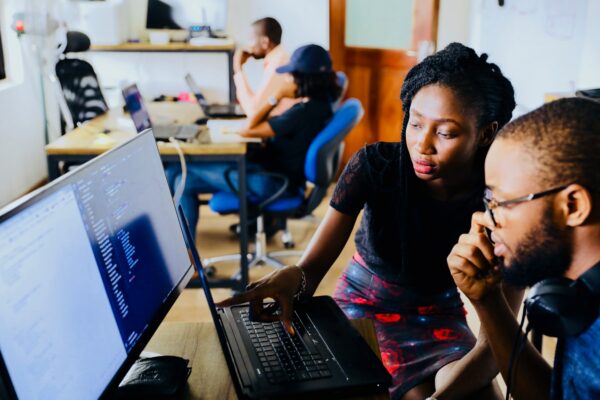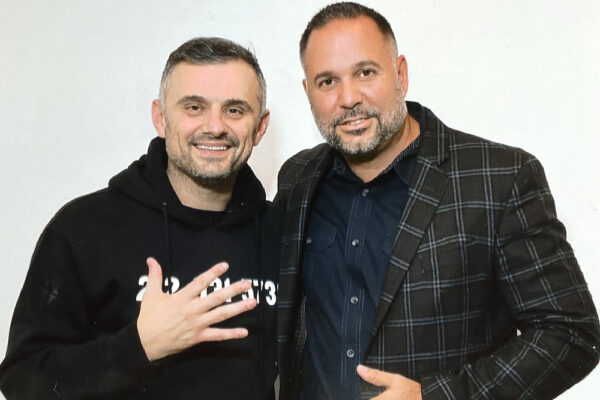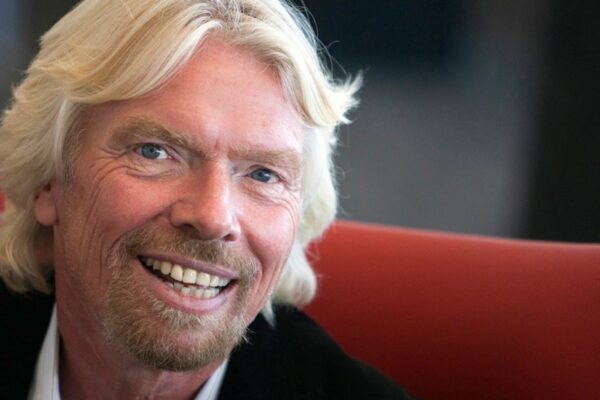
Jon Gosier, serial tech entrepreneur, and early-stage startup investor named one of the 12 New Faces of Black Leadership.
Who are you, and what do you do?
My name is Jon Gosier, and I’m a serial instigator. 😉 ….meaning I start lots of technical projects: some for-profit, some not-for-profit, some local, some international, some high-tech, some low-tech.
I started my career working in the music industry but ended up working in areas of data science and software development. Recently I’ve moved into the world of finance, investing in emerging tech startups.
What was your TED talk about?
My 2014 TED talk was about the consequences of uneven innovation.
Sometimes technical innovators like myself and my peers are more focused on how cool the things we can create are and all the sophistication we can cram in. But just because something can be created doesn’t mean it should be, or that there won’t be unintended consequences and outcomes if it is created.
For example, the unintended consequence of the sharing economy (think of companies like Uber and Task Rabbit) is that though they offer great service to consumers, they require cheap labor, which is abundant when there is unemployment. The people who work for those companies are not employees; they aren’t making great money; they’re desperate. That’s uneven innovation at its core.
An example from the talk is how doctors are using wearable tech like the iWatch or FitBit to capture patient data seamlessly. This potentially makes patient intake faster and more accurate, it saves paper, it’s more transparent for the patient.
All of these things are great, right? Yes, but the consequence of doctors relying on such devices is that healthcare for those who can’t afford them may suffer. We risk making the less affluent a burden on the system, which results in their not being served equally.
How did you decide on the topic you presented?
I was actually inspired by another TED Talk, Malcolm Gladwell’s 2011 talk about Carl Norden who unwittingly set about the chain of events that lead to the Atomic Bombs being dropped on Japan.
In other words, we sometimes forget that setting anything into motion has a consequence. Perhaps we can’t always stop these unintended outcomes, but if we’re being responsible, we have to be conscious of trying to mitigate them.
After years of work in the civic tech space, I’ve seen a number of well-meaning projects go wrong. I just wanted to share a message about more thoughtfulness in tech.
Was it a conscious decision for the land ownership records in East Africa to be stored in the cloud so they would not be available to the people who could really benefit from it?
Not at all. Those sites were put up to help people. The goal was to help these communities keep better records so that their land *wouldn’t* be sold or taken from them.
However, the innovators behind that project didn’t anticipate that putting the information online they actually just made it more efficient for opportunists. They (perhaps) forgot to map out all the possible outcomes. If they had, they’d have realized that the one thing they were trying to stop they actually ended up accelerating.
You said we have a responsibility to think about the outcomes of the technologies we build. What can companies building new technologies do to minimize unintended consequences?
It’s all about who’s in the room when things are being created. If you grew up in a nice middle-class home, went to an ivy league school, started a company with kids from similar backgrounds, and only socialize with people who have similar backgrounds, when it comes to creating things you run the risk of making incorrect assumptions about others who aren’t like you live.
While it’s not possible (or reasonable) to try to get opinions from everyone who your product might touch, it’s worth the thought exercise to at least think about their experience.
What’s the use case for a $500 watch for someone who makes $1500 a month? What’s the use case for a great anonymous messaging app for women who are targeted and harassed online?
Again, you may not be able to do anything about consequence, but you run the risk of being irresponsible if you don’t at least stop to think about all the outcomes (positive and negative).
What hardware do you use?
My Macbook Air. I love it. It’s light and compact.
iPhone 5. The swiss army knife of electronic gadgetry.
I guess that’s it.
I don’t use a lot of hardware for my work. It’s mostly software. Things like R Studio for data science, TextMate for writing code, Apple Keynote for making presentations, and Google Sheets for financial stuff.
What apps or software can you not live without and why?
Excel is like water to me, I could go without it for a few days, but after a week or two, I’d definitely die. Gmail, of course. Waze for directions and avoiding speeding tickets. Sunrise for scheduling. Digg Reader for news.
For programming, Python, PHP, and R are the languages I can’t live without. TextMate I use for writing code. Transmit I use for FTP transfers to my servers.
What are you currently reading?
I’ve been reading Hatching Twitter for about a year now! It’s hard to read because every page makes me feel like I’m not accomplishing anything. It’s like a 400-page reminder of an awesome journey I could be on, but I’m not because I’m sitting there reading about someone else. 😉
I also love the Walking Dead Compendium series. Basically, they take all the comics and make one big fat book every few years. I don’t have the patience to read month to month, so I wait until they release those and just buy that instead.
I also recently read Daniel Suarez’s Daemon and Freedom Inc. Both great reads about the unintended consequences of the things we build.
What projects are you currently working on?
Lots of different things. As a technologist, I spend a lot of time helping organizations design thoughtful tech projects that try to avoid the scenarios I point out above. Also, as an investor, I can help the companies I’m advising or investing in do the same. So a lot of consulting in that area.
One project I contributed to this year was EbolaDeeply.org which was created to address the ebola outbreak in West Africa. I big portion of that work was trying to find the ethical and empathetic way of reaching people in West Africa and relating their experiences to others.




